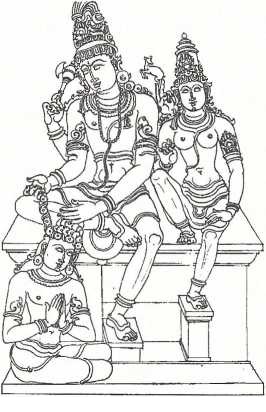Talk:Anugita
Anugitā (‘following the Gitā’) The immense popularity of the Bhagavadgitā—generally known as the Gītā—inspired a number of authors of didactic literature to produce more such works. Most of these are imitations and are almost always incorporated into bigger works like the epics and the purāṇas. There are as many as thirty six such gītās, out of which sixteen are from the Mahābhārata alone. Anugitā is one such and perhaps better known than the others. The name ‘Anugitā’ is derived from the fact that it purports to follow (anu = following) the Gītā. The Anugitā comprises chapters 16-51 of the fourteenth book (Aśvamedhikaparva) of the Mahābhārata and is in the form of a dialogue between Srī Kṛṣṇa and Arjuna. Being eager to recapitulate the teachings of the Bhagavadgitā, Arjuna requests Srī Kṛṣṇa for the same. After taking Arjuna to task for having forgotten the teaching so soon and confessing that he is not in a high state of yoga now, Srī Kṛṣṇa gives him another set of teachings, mostly by reciting stories and dialogues that took place between sages of yore. The topics dealt with in this gītā can be briefly indicated as follows: the travels and travails of the jīva or the individual soul, karma and rebirth, means of attain¬ing mokṣa or liberation, jñānayajña or knowledge compared to a sacrifice, a description of the prāṇas or vital airs, the greatness of the antaryāmin or the inner controller, spiritual experience described with the allegory of a forest, story of Paraśurāma, description of the three guṇas and their effects, creation, greatness of spiritual wisdom, duties of people in the four āśramas, individual and Supreme selves, nature of austerity, nature of ātman or Self. The section comprising the chapters 20-34 is called Brāhmanagitā since it was taught by an enlightened brāhmaṇa to his wife.

